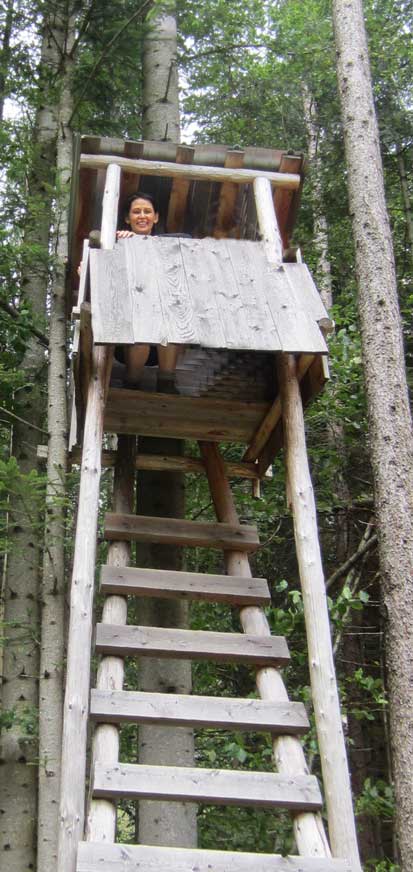In Burn Wild: A Writer’s Guide to Creative Breakthrough, I outline the five-stage creative process.
And here is Station Three, the Way Station.

This creative process works for anything you are making – a painting, a choreographed dance, a photograph. Because I most often work with writers, here we’ll take the writer’s standpoint.
Station One is the most misunderstood, especially by beginning writers. Starting a new project, they expect a difficult path, not a playground.
Station Two is the most productive, because this is where you dig in and draft without interference from the critic.
Station Three is absolutely crucial.
However, many beginners don’t know about this stage of the process.
Writers run into problems, because:
- Having completed rough drafts, writers are in a hurry.
- Writers rush toward the “fixing” or “publishing” phase.
- In all the excitement, a writer gets too attached to the work.
- Those who stay too close to their work feel overly sensitive.
- Confusion is rampant about where to go next, and what advice to take.
- A writer can get discouraged and quit at this point. Many do.
Skipping this part can derail your entire project.
Station Three is really a time out. It’s getting perspective. Imagine a rough outpost where you stay before continuing an expedition.
Or picture a motel with a gas station, where you refuel and take a break.
Or think of a hunter’s blind, hidden up and away from the action.
You need to do whatever you need to do that will create distance and objectivity for you regarding the work.
One writer, Vicki, takes a break after drafting her novels to read a favorite author.
Another puts his handwritten drafts in a drawer for six months.
Still another writer retreats to the beach for a weekend, and reads over the entire draft with “fresh eyes.”
What needs to happen here is a changing of the guard in your mind.
In One and Two, the creative mind takes the lead.
This is the only way to grab hold of an original, exciting idea and see it through.
However, that creative mind (Dream Kid, I call her), will be bruised, battered, and discouraged – or overwilling to follow – unless distance is created.
The critic is called forth.
Yes, that critic, whom we fought with and finally banished – he’s the guy we need now.
The Way Station embraces the critic. Discernment, here, is everything.
You will need feedback, support, community and resources to make Stage Three successful.
Most of all, you will need time.


Comment (1)
Comments are closed.